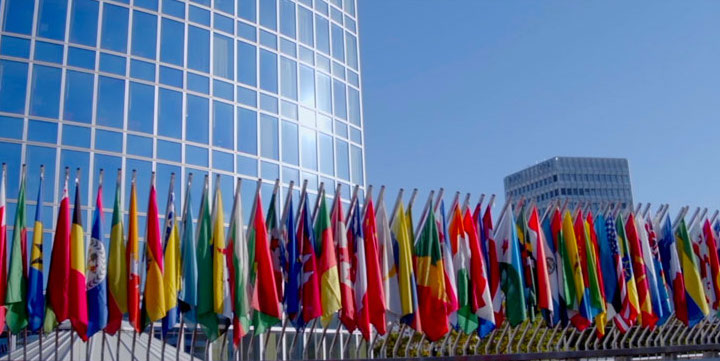
"Increasingly, patents have become proxies for achieving unrelated policy objectives-from reducing drug prices to constraining certain industries. The WIPO Treaty continues this trend by burdening the patent system with social and political aims that fall outside its purpose. The likely outcome is weakened protection for biotechnology and pharmaceutical innovation, especially for discoveries derived from genetic resources or traditional knowledge. The result would be less research investment and slower progress in precisely those areas where humanity benefits most-healthcare, sustainability, and food security."
"The World Intellectual Property Organization's (WIPO's) new Treaty on Intellectual Property, Genetic Resources and Associated Traditional Knowledge, adopted in May 2024, would impose additional disclosure obligations on patent applicants under the Patent Cooperation Treaty (PCT). Specifically, it would require disclosure of traditional knowledge and genetic resources even when those details have no bearing on patentability."
"The United States has wisely declined to sign this Treaty-along with South Korea, Japan, and India. Last summer, then-Acting U.S. Patent and Trademark Office (USPTO) Director Coke Stewart reaffirmed that "for the PCT system to remain an effective tool for patent applicants, the system cannot add requirements such as the disclosure of traditional knowledge and genetic resources that do not relate to patentability of inventions.""
The WIPO Treaty on Intellectual Property, Genetic Resources and Associated Traditional Knowledge would add disclosure obligations to Patent Cooperation Treaty applications, requiring disclosure of traditional knowledge and genetic resources even when unrelated to patentability. Several countries, including the United States, South Korea, Japan, and India, declined to sign. The USPTO stated that the PCT cannot add requirements unrelated to patentability. The Treaty treats patents as a vehicle for social and political objectives, expanding the patent system beyond its intended purpose. The anticipated consequences include weakened protection for biotech and pharmaceutical innovations, reduced research investment, and slower progress in healthcare, sustainability, and food security.
Read at IPWatchdog.com | Patents & Intellectual Property Law
Unable to calculate read time
Collection
[
|
...
]